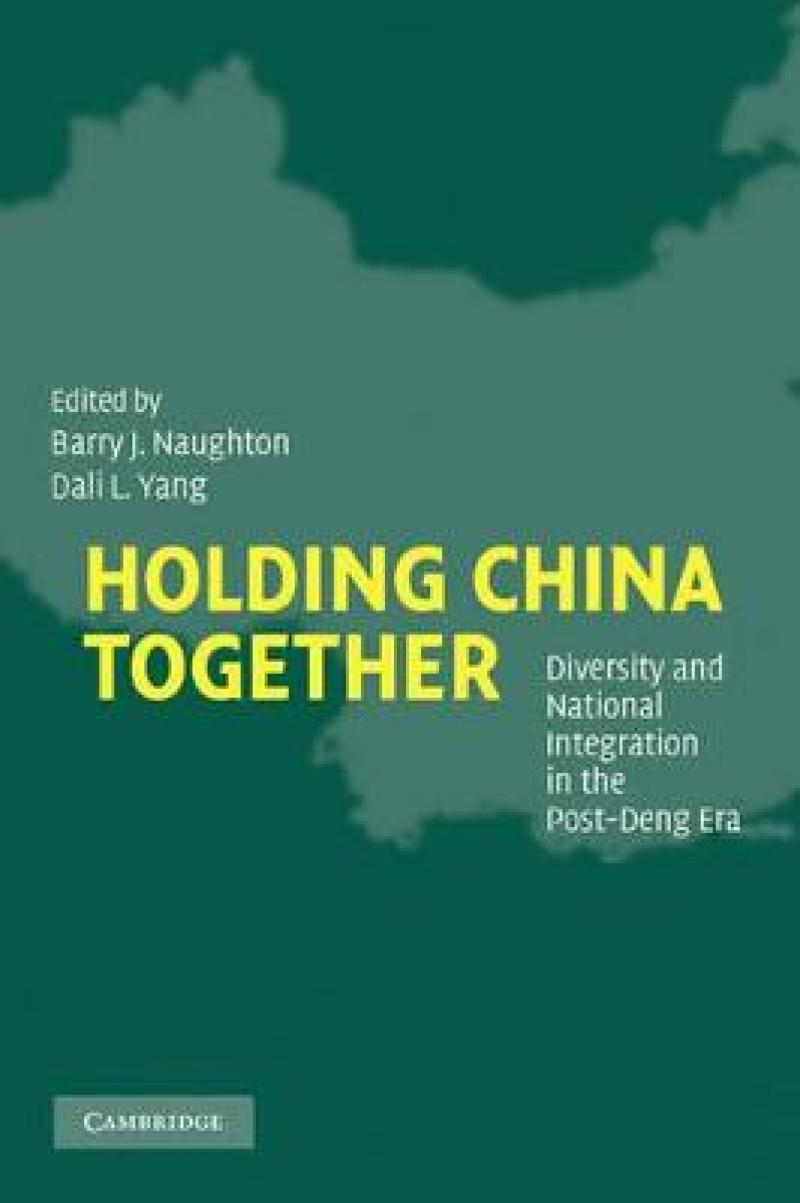Review of the hardback: 'Holding China together is an important account of how the Chinese state has reconstituted itself … The chapters of this volume are all of high quality. Naughton and Yang have captured an important trend in the development of China's political economy. This text provides a timely reminder that while everyone recognizes that China's economy is undergoing rapid change, there is more change in the political system than meets the eye.' International Affairs
Review of the hardback: 'This book is an excellent collection of essays that makes a major contribution to our understanding of contemporary China. … This is a first-class volume which makes an important contribution to Chinese Studies and to broader political science debates on state capacity. Many chapters will be used in courses on Chinese politics and scholars researching issues of state capacity will inevitably have to refer both to this book's overall conclusions and to the individual case studies.' The China Quarterly
